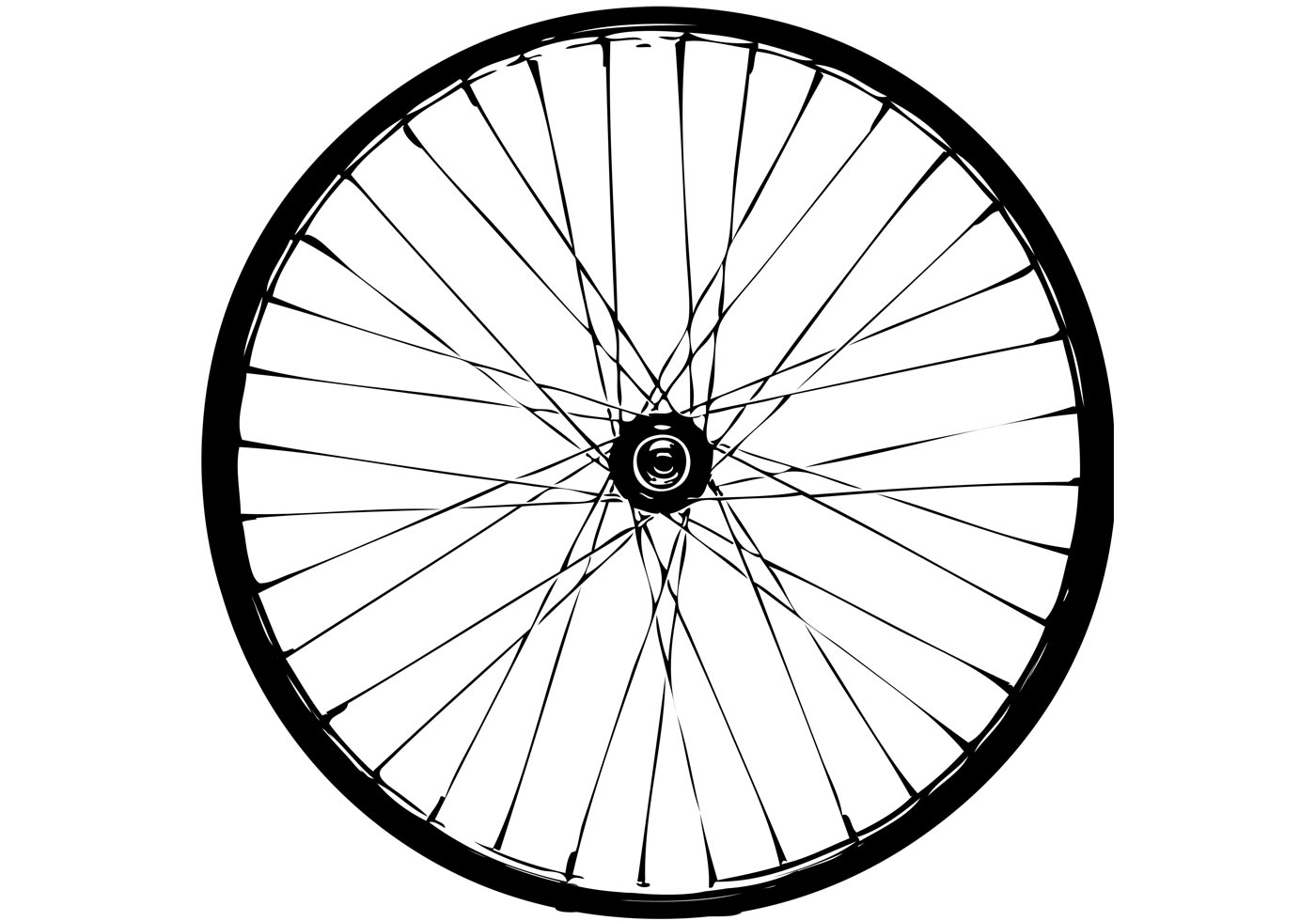Tales of glory from an unlikely source, my father
My dad was not a storyteller. In fact, he didn't tell us much about his childhood, his work, his time in the military, his thoughts on politics, culture, or for that matter, his four children. He lived in the moment without reflection or reverie.
"Trow" was 13-13 in his major league career, including 7-5 in the Braves' 1957 world championship season. He was later traded to Kansas City.
That's why I was shocked when in my forties, he handed me a handwritten note chock full of stories about his high school buddy, Bob Trowbridge, who is maybe the greatest athlete to come out of our hometown, Hudson, N.Y. A few days earlier I had asked my father about Bob, who pitched brilliantly for Hudson High and became a major leaguer, most prominently with the championship Milwaukee Braves teams of the late 1950s.
My father played with Bob in high school and was pretty good in his own right. But my only memory of Dad as an athlete was watching him play softball in his thirties and forties for the Hudson Elks Lodge. He was a feared hitter and I remember him slugging balls onto the distant earthen bank in right field at Charles Williams Field. When he did, he was lucky to get to first base because of his bad knees. He'd hit the ball a mile and then high step like a Lippizaner Stallion to first base, pumping his knees up to his waist as he tried futilely to will speed out of his faulty legs.
After getting Dad's note, I found his high school scrap book, which he had never shown me. The newspaper clippings filled out the story of Dad and Trow, as dad called Bob. My dad was a center fielder and a decent hitter but his love was football, which caused the bad knees, After high school, they both went to a baseball "school" put on by the Boston Braves. Trow was later signed to a contract by the Braves but my dad's time with the Braves was short-lived.
During a visit to my parents a few weeks after I got his note, I asked my dad what happened to his tryout with the Braves. The knees made him too slow, he said, plus a minor league curveball was diabolical compared to the ones he'd seen in high school. This got him telling "glory days" stories about Trow. It was a rare moment for me.
Dad, who everyone called "Red," said there wasn't a sport or game that Trow couldn't master. For example, Bob challenged and beat a talented local tennis player in a match despite having never picked up a racquet previously. Trow was a great dart player, often winning enough to pay for food and beer for his friends on a Friday night (Dad and Trow shared an admiration for beer. "He could punish it," Dad wrote.) Trow was also a skilled bowler; his entry in the biographical book, "The Ballplayers," says he was known as the best bowler in the major leagues.
Then Dad told me the story of his own football exploits including a high school game when he had five interceptions -- five! In the Air Force and Army, he spent four years playing football for his military bases. In fact, he may be the only person ever traded from one branch of service to another to play football -- an Army officer spotted him in an Air Force game and arranged for him to play for his Army base. Trow spent three years in the Air Force pitching for the Ellis Air Force Base team near Las Vegas.
Dad kept talking and switched to a story about Trow's misfortune in the 1957 World Series against the mighty Yankees. Trow pitched very well for the Braves that year and was brought in as a relief pitcher in Game 3 with the Yankees leading 7-3. He was wild but got two outs before the bottom fell out. Dad said that Trow should have had the third out on a clear check swing strike by Jerry Coleman. When the pitch was called ball four, Trow slammed the rosin bag to the ground. After that, he came undone, giving up five runs including a home run to Yankee shortstop Tony Kubek.
In his written note to me, Dad said the only game Trow lost in high school was because his regular catcher ate six hot dogs before the game and became too ill to play. The backup couldn't handle Trow's velocity and Hudson lost the championship game. What a story! From my father!
Hudson High Bluehawks circa 1948. In back row, third from left is Red Sheffer, and third from right is Bob Trowbridge.
What unlocked these treasures and why did he decide to tell me about them after years of keeping them locked up? I don't know but I know it never happened again.
Perhaps my dad was just telling me about a friend and someone he shared local headlines with many years ago. Not many high school ballplayers get to see their friend pitch in the World Series and, in that sense, maybe he was telling me about his hero.
Today, hometown friends usually scatter around the world after graduation. My dad's didn't, even the one major leaguer and World Series champion. Dad spent his whole life with Lee, Bobby, Brenz, Pete, Eddie, Trow and others. They lived their whole lives in Hudson and enjoyed their beer, sports and stories. I will always remember the night my Dad let me into their circle.



